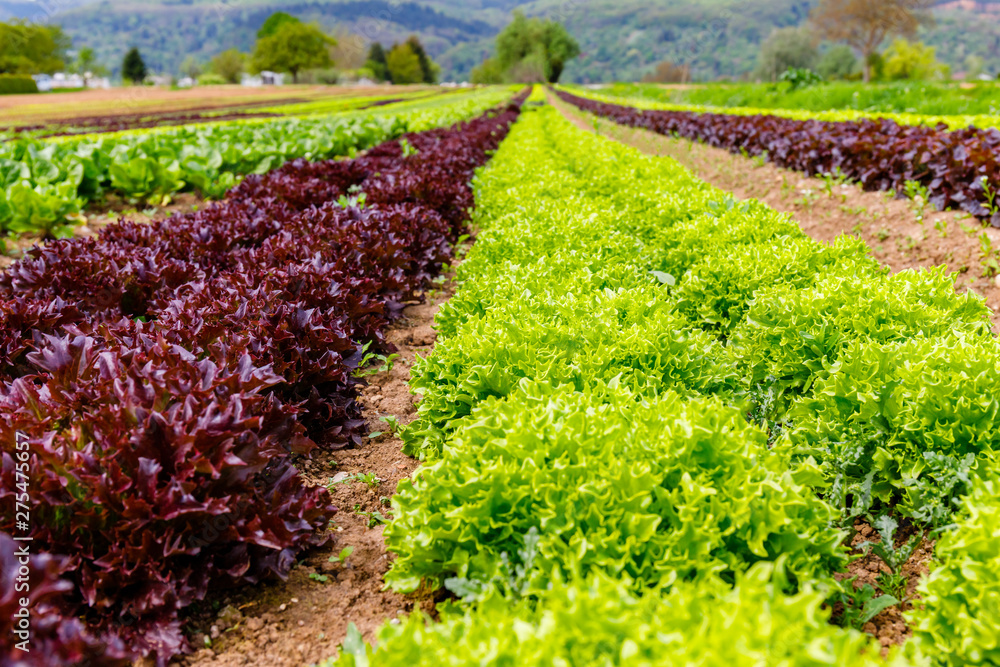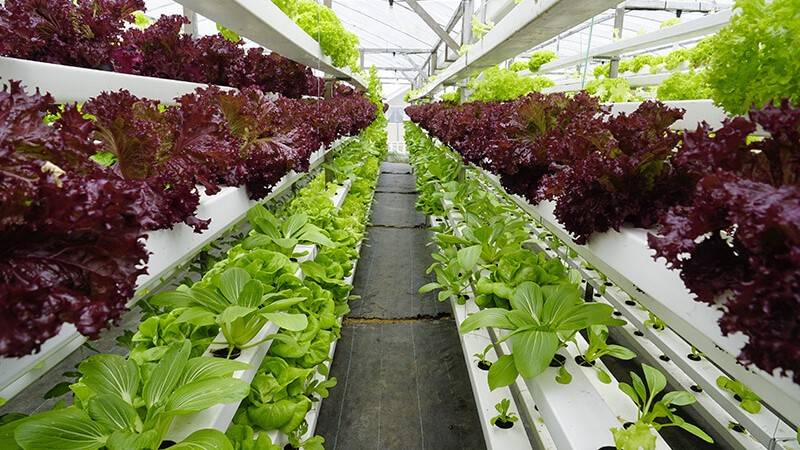Canada is distinguished by an impressive diversity of heat-resistant crops. The grasslands and vast fertile areas are particularly suitable for the production of wheat, maize and barley, which are among the country’s main crops. Canola, grown for its oil, also plays a prominent role, while legumes such as peas and lentils are highly prized. Canada also produces a wide variety of fruits, vegetables and forages for livestock feed and agroforestry.
Heat-resistant crops, which include vegetables such as tomatoes, zucchini, squash, spinach, as well as some varieties of cauliflower, are necessary to maintain food production in subarctic climates. These plants have the particularity of withstanding very low temperatures while maintaining an optimal yield. This agricultural variety is not only an asset for the country’s economy, but it also enhances the country’s food security.
Recently, Canada has made significant progress in developing crops adapted to extreme weather conditions. On May 30, 2024, the Minister of Agriculture and Agri-Food, Lawrence MacAulay, announced more than $8 million in funding to support the diversification of the country’s crops. Considerable efforts are being made to create varieties that are more resilient to climatic hazards, whether droughts, floods or heat waves. The funding, awarded to Ag-West Bio, aims to build the production capacity of small-scale heat-tolerant crops, such as flax, mustard and sunflower, which are better adapted to drought, heat and poor soils.
According to Canada.ca, the goal of this initiative is ambitious: to ensure high yields while preserving biodiversity. In this regard, the laboratories supported by the Canada Foundation for Innovation offer concrete examples, focusing on the development of plants that require less water and are more resistant to disease.




